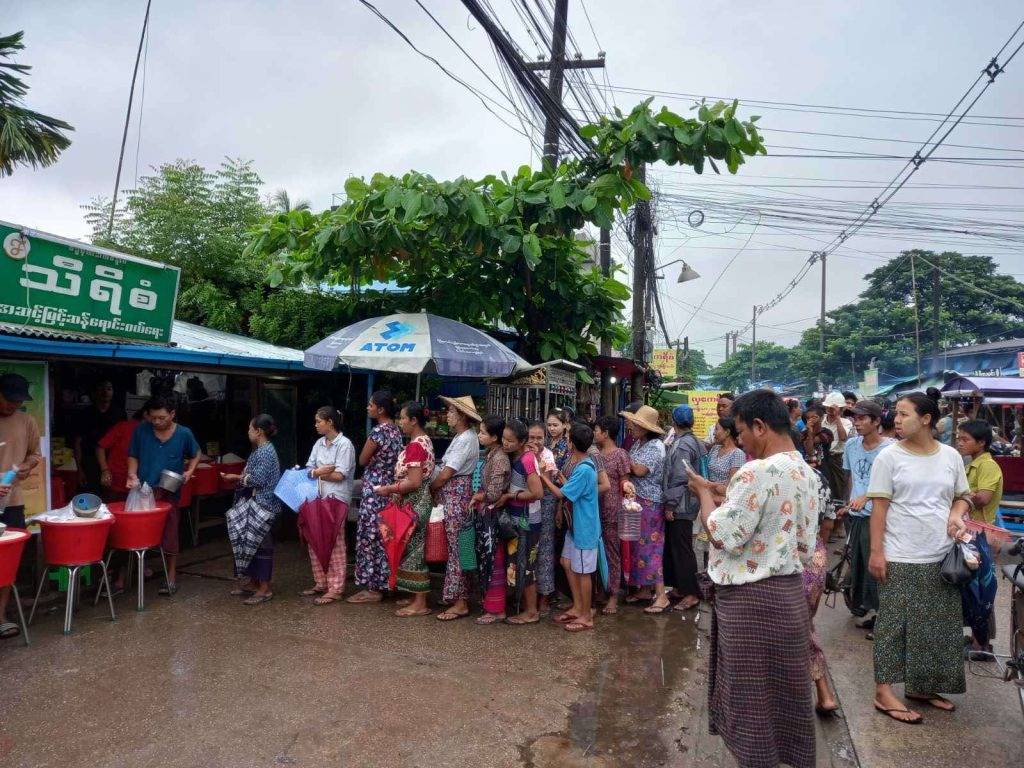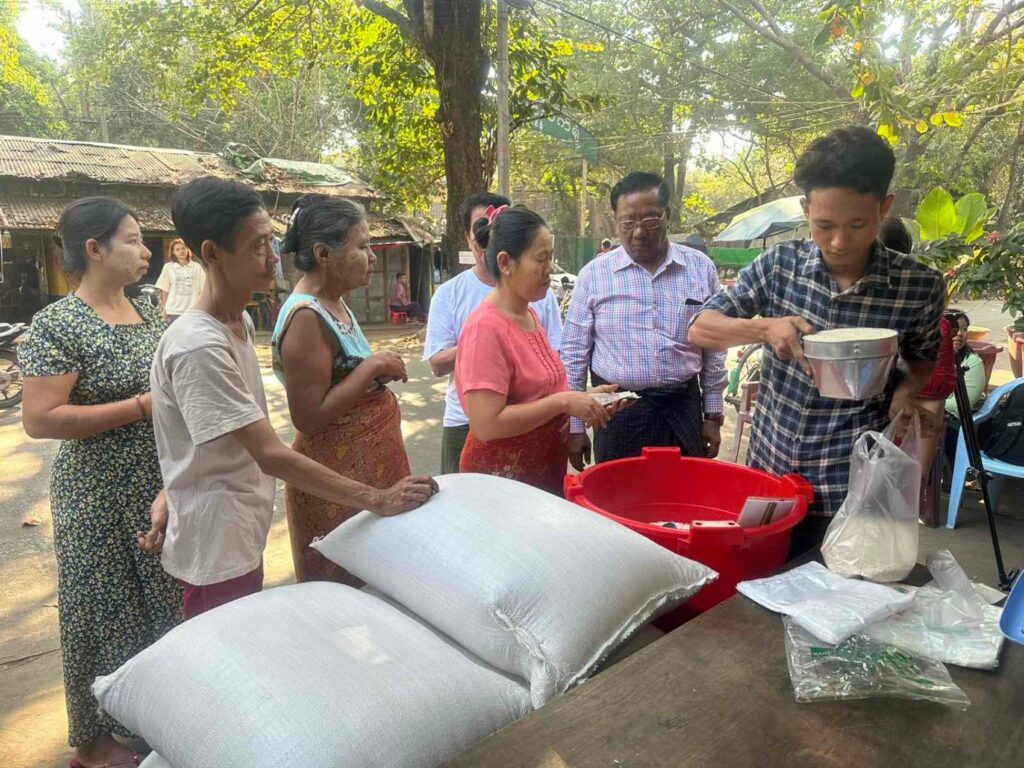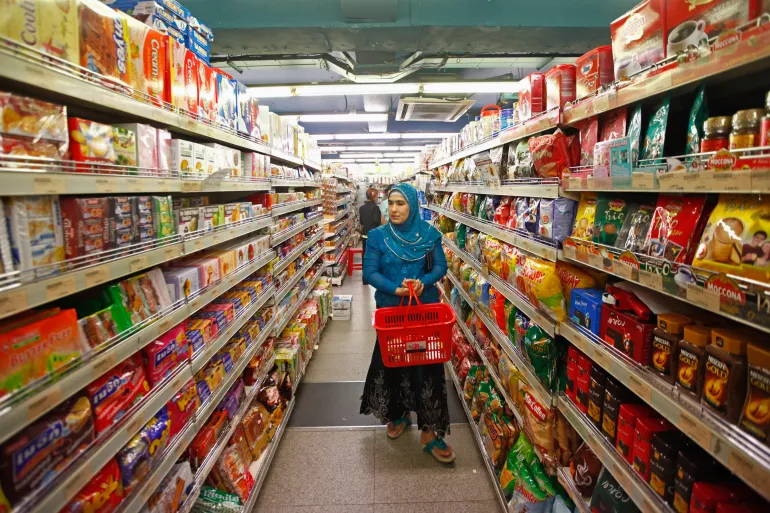Tackling Rice Price Gouging in Myanmar
In a significant move to address the escalating food crisis, Myanmar authorities have detained 11 individuals accused of price gouging in the rice market. This action comes as the country grapples with soaring food prices and widespread economic challenges. In this blog, we’ll explore the details of these arrests, the impact of rice price gouging on the population, and the measures the government is taking to stabilize the situation.
The Arrests: Key Details
The detentions were part of a broader effort by the Myanmar government to curb unethical practices in the essential commodities market, particularly rice, which is a staple food for millions.
Who Was Detained?
The 11 individuals detained include rice traders and middlemen who have been accused of artificially inflating rice prices to exploit the current economic instability. Authorities allege that these individuals hoarded rice supplies to create a scarcity, thereby driving up prices and profiting significantly at the expense of ordinary citizens.
Legal Basis for Detention
The detentions were carried out under Myanmar’s emergency laws, which allow the government to take swift action against individuals and businesses that engage in practices deemed harmful to public welfare. Price gouging, especially of essential commodities like rice, is considered a severe offense due to its impact on food security.
Impact of Rice Price Gouging
The manipulation of rice prices has had profound effects on the population, particularly the most vulnerable groups.
Economic Strain on Households
For many families in Myanmar, rice is a daily necessity. The sharp increase in rice prices has strained household budgets, forcing families to allocate a larger portion of their income to food and reducing their ability to afford other essential goods and services. This economic pressure is particularly severe for low-income households.
Food Insecurity
Price gouging contributes significantly to food insecurity. As prices rise, more people are at risk of not being able to afford adequate food. This can lead to malnutrition and other health issues, especially among children and the elderly. The situation exacerbates existing vulnerabilities and deepens the poverty crisis.
Social Unrest
Rising food prices can also lead to social unrest. When people struggle to meet their basic needs, frustration and anger can grow, potentially leading to protests and instability. The government’s action against price gougers is partly aimed at preventing such unrest by showing a commitment to protecting citizens’ welfare.

Government Measures to Address the Crisis
In response to the crisis, the Myanmar government has implemented several measures aimed at stabilizing rice prices and ensuring food security.
Regulatory Actions
Beyond detaining those accused of price gouging, the government has intensified market surveillance to detect and prevent further manipulative practices. This includes monitoring rice distribution channels to ensure that supplies are reaching the market at fair prices.
Price Controls
The government is considering implementing temporary price controls on rice to curb excessive price increases. These controls would set maximum prices for rice, preventing traders from selling it at inflated rates. While price controls can be effective in the short term, they require careful management to avoid creating shortages.
Subsidies and Support
To alleviate the economic burden on households, the government has introduced subsidies and financial support for low-income families. These measures aim to help the most vulnerable populations afford basic necessities, including rice, during the crisis.
Boosting Supply
Efforts are also being made to increase rice supply in the market. This includes releasing government-held rice reserves and encouraging increased production by providing incentives and support to farmers. Ensuring a steady supply can help stabilize prices and reduce the impact of price gouging.
A Crucial Step Towards Stability
The detention of 11 individuals accused of rice price gouging in Myanmar marks a critical step towards addressing the food crisis and protecting the welfare of citizens. By taking decisive action against unethical practices, the government aims to stabilize rice prices and ensure food security for all.

As the situation unfolds, continuous monitoring and additional measures will be necessary to sustain these efforts. Addressing the root causes of economic instability and ensuring fair practices in the market are essential for long-term stability and prosperity. The government’s proactive approach highlights its commitment to tackling the crisis and safeguarding the well-being of its people.
Inspired by Al-Jazeera News and Rear More Articles Here. or Read Previous Articles Here.
